Hosted by EU Code Week ONLINE | 09 March 2024
EU Code Week Teach Day workshop Augmented Reality in Educational Robotics
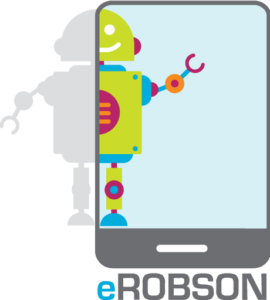
EU Code Week Teach Day workshop Augmented Reality in Educational Robotics
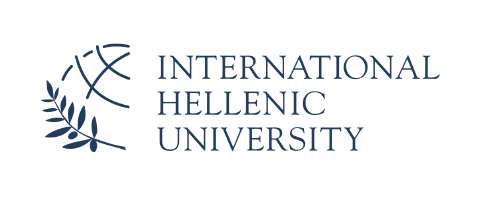
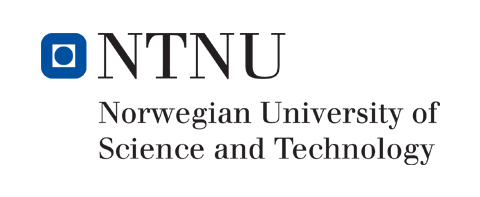
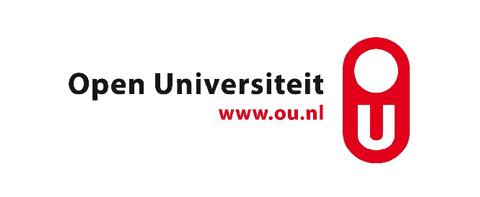

Do you already work with Educational Robotics during STEM lessons but don’t have the right or sufficient Educational Robotics kits for this in the classroom and/or the possibility of visiting an extracurricular learning environment? Then consider the option of combining your Educational Robotics lesson with Augmented Reality. With Educational Robotics and Augmented Reality together, it is possible to create a rich and varied offer for students, even when you do not have enough physical materials available.
Want to know more? Then sign up for the free inspiration and design workshop for teachers (upper primary and lower secondary schools), offered by the Open University of the Netherlands and Discovery Museum within the eROBSON Erasmus+ project. During the workshop, the possibilities of Educational Robotics and Augmented Reality will be presented, demonstrated, and tried out using the physical Educational Robotics programming environment ‘LittleBits’ and Augmented Reality tools developed within the eROBSON project. Based on the design thinking methodology, you can immediately start designing a possible application of Educational Robotics and Augmented Reality for your own STEM lessons.
Where?
When?
Online
Spatial.chat
Zoom
9 March 2024
11:20-12:00
12:00-12:45
Host
What is EU Code Week?
EU Code Week is a grassroots initiative which aims to bring coding and digital literacy to everybody in a fun and engaging way.
Started back in 2013 by the Young Advisors for the Digital Agenda Europe, the European Commission, and in particular DG CONNECT, supports EU Code Week as part of its strategy for a Digital Single Market and through the Digital Education Action Plan which especially encourages schools to join.
EU Code Week thrives thanks to a vast, international community of volunteers. EU Code Week’s backbone is the Ambassadors, the Leading Teachers and representatives of ministries of education in the EU and Western Balkans countries – the Edu Coordinators.
No previous coding or programming experience is needed to join the EU Code Week. The EU Code Week resources are introducing teachers and education professionals to key concepts related to coding and computational thinking activities.
EU Code Week is for all school levels, from pre-primary to upper secondary, promoting diversity and inclusion in digital education!
What is Teach Day 2024?
EU Code Week Teach Day is an online event aiming to celebrate digital creativity and coding in the classroom. This online event will bring together education experts from multiple areas offering discussions on the past, present and future of computational thinking and programming in education settings. Teach day will dive into “Generative AI in Education” in theory and practice exploring effective and safe ways to implement it in the classroom.
A virtual exhibition will be introduced where IT companies and major NGOs active in the education field will share multiple opportunities for teachers and students.
During, Teach Day multiple workshops will be addressing various topics and sharing fresh ideas from the coding world. The Teach Day is aiming to combine discussions with practical and interactive workshops and our goal is all participants to be able to engage equally in the sessions.
Among all else, Teach Day will empower the constructive dialogue on unleashing the power of digital skills in girls.
Workshop background
The proposed workshop theme is shared knowledge construction of viable technological distance learning solutions as alternatives for hands-on experiment-based teaching Educational Robotics and STEM in general. This theme is the main focus of eROBSON, an EU supported project, as will be briefly explained at the workshop.
The Educational Robotics at Schools Online with Augmented Reality – eROBSON project is motivated by the need to enable teaching educational robotics and other STEM topics in online and blended modes supported by digital tools. This need has been highlighted by the outbreak of the COVID19 pandemic. Educational Robotics is a term to describe educational approaches that use platforms such as Arduino, LittleBits and Mindstorms for STEM education. These approaches traditionally depend on face-to-face activities in laboratory environments and on the availability of special equipment and consumables.
eROBSON proposes a new approach of delivering laboratory courses. The approach is of low implementation cost, easy to adopt and has a zero risk of transmitting COVID19 or other viruses. The approach suggests using Augmented Reality to simulate the necessary lab equipment and the hands-on interaction with it. Augmented Reality is a technology that enhances human perception with additional, computer-generated sensorial input to create a new user experience.
The main results of eROBSON include a Teaching Educational Robotics Blended and Online with Augmented Reality report that provides an overview and the state-of-the art in our topics. The project also developed a learning design methodology that can be used to design Educational Robotics activities and materials enhanced with Augmented Reality. The methodology is supplemented with guidelines, instructions, and tools for teachers.
The project also developed an original platform-independent concept for using Augmented Reality to simulate Educational Robotics kits. This concept has also been partially implemented in an open-source Augmented Reality platform MirageXR which now supports Educational Robotics components. The version of the MirageXR mobile app that supports Educational Robotics was rebranded and published as eROBSON app.
The project produced examples of educational materials using two Augmented Reality platforms ARTutor and MirageXR. The project created an online community and shared its results on the School of the Future portal.
Workshop organizers
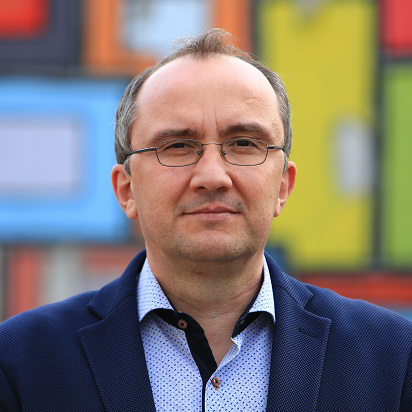
🤖 Dimitris Karampatzakis
International Hellenic University
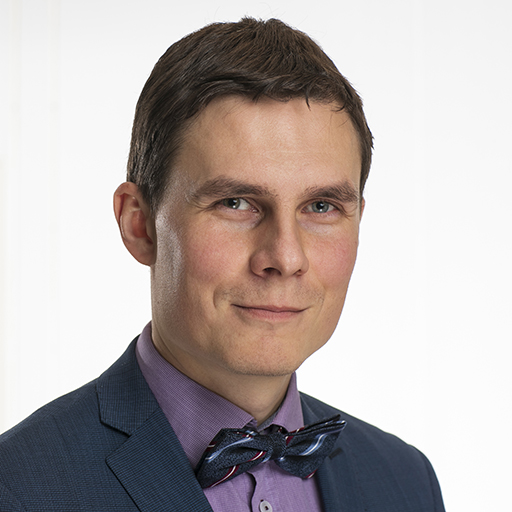
🤖 Mikhail Fominykh
Norwegian University of Science and Technology
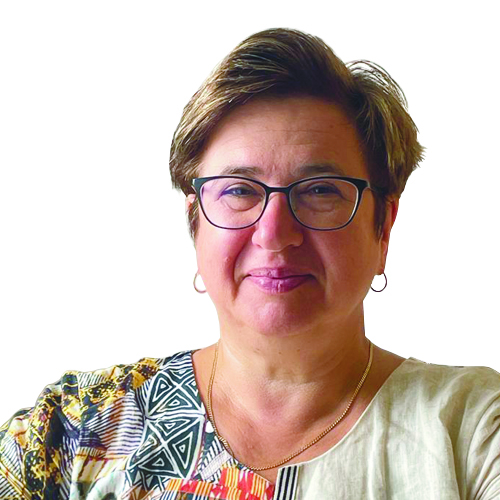
🤖 Olga Firssova
Open University of the Netherland

